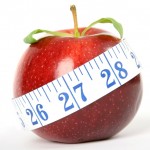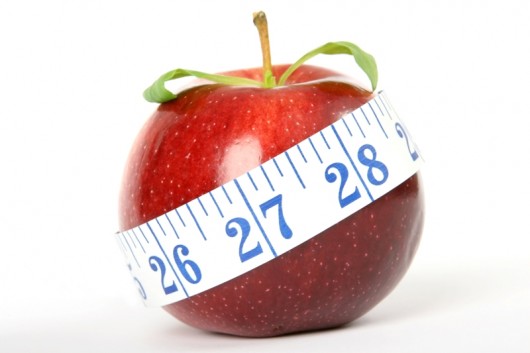Anti-Aging Minerals
The Baby Boomer generation has turned into a growing market for any products that can be construed as anti-aging. So the makers of nutritional supplements are presenting many of their products in a new way to entice that market into buying. Vitamins and minerals that were once advertised as being essential to the health of a growing child and young adult are now being touted as anti-aging minerals and vitamins that are essential to not only slow down aging but to start feeling healthier and young again.
Fortunately, this is not just a marketing ploy. It is true that minerals are essential for good health as we age and do help to slow down the aging process and help us to maintain good health. But minerals are largely overlooked in the diet of Americans. In fact nutritional reports often speak of “mineral starvation”. A doctor at the National Academy of Science puts a lot of emphasis on minerals like potassium, magnesium, and phosphorous as being essential in order to properly use all of the body-building proteins that we eat. Dr. Cannon’s research team has found out that without enough potassium in the diet, congestive heart failure could be a result.
Minerals and proteins are actually more important than vitamins in our diet. But vitamins seem to get all of the attention. There are probably many more people taking vitamin supplements than the individual minerals they need, especially after they age of 40. Minerals along with protein are the main things required for good nutrition. Not that vitamins are not required as well. They are responsible for activating the minerals we take.
The Benefits of Minerals
The following are examples of essential minerals that the body needs and what their benefits are:
CALCIUM AND MAGNESIUM
Many Americans, especially women, don’t get enough calcium. But there is that group who take too much calcium. While it is important for maintaining strong bones it is not the only mineral that is involved with bone density. Calcium should be taken with magnesium at a ration of about 2 to 1. This makes the calcium more effective. Magnesium helps the body absorb the calcium and can protect the heart if sudden changes in blood pressure occur.
ZINC
Zinc helps in supporting the enzyme function in the body. It can keep your immune system as well as cardiovascular system stay healthy.
BORON
Boron is a trace mineral that helps the body better metabolize all minerals that we eat or take as supplements. It is also important in the function of the membranes of cells. Like magnesium and calcium, it is valuable part of bone health. It helps the body absorb and retain calcium. For men, Boron also plays a part in the regulation of levels of testosterone.
Side Effects of Mineral Supplements
A few mineral supplements do have side effects, but they are usually related to taking too much. For instance, there is such a thing as zinc overdose. A dosage of 40 milligrams of zinc is considered to be safe by FDA. Anything more than that can be dangerous.
Can You Get the Right Amount of Minerals from Diet?
While it is true that essential minerals like these and other such as potassium, phosphorous, and selenium can be found in small quantities in the food we eat, food sources don’t usually provide the amount we need. In fact, agricultural scientists believe that our croplands are so depleted of important minerals that it is contributing to poor nutrition in our country.
Other Uses for Anti-Aging Minerals
The use of anti-aging minerals has even made it into the cosmetics industry. Minerals taken from the floor of the Dead Sea like Bromine, potassium, magnesium, calcium, sulfur, iodine, boron, and iron have been included in a variety of skin care products. These minerals are usually combined with herbal extracts, essential oils, and combinations of vitamins that contain anti-oxidants.


